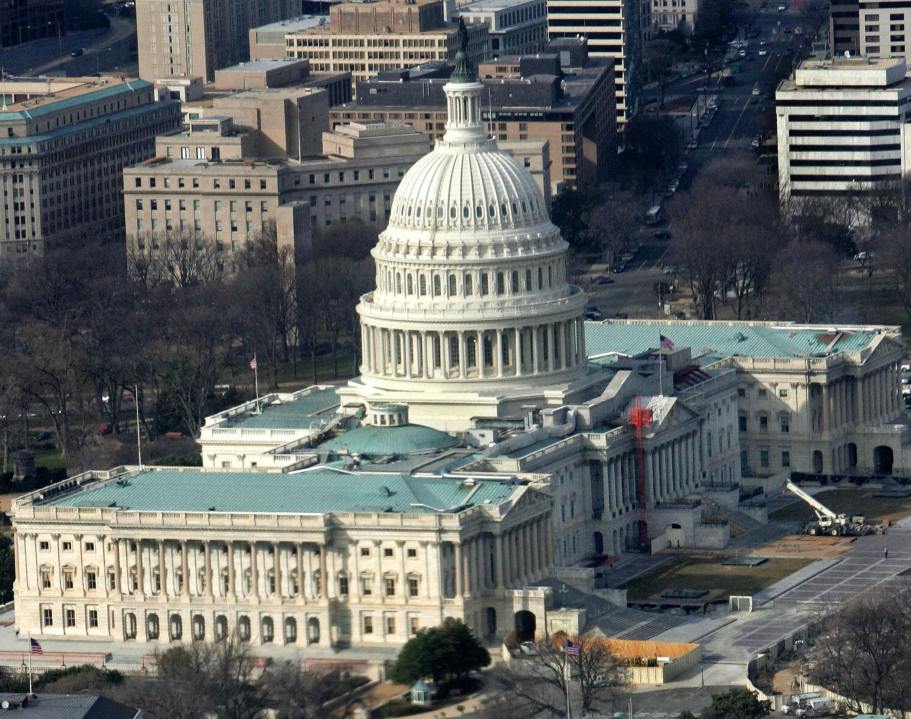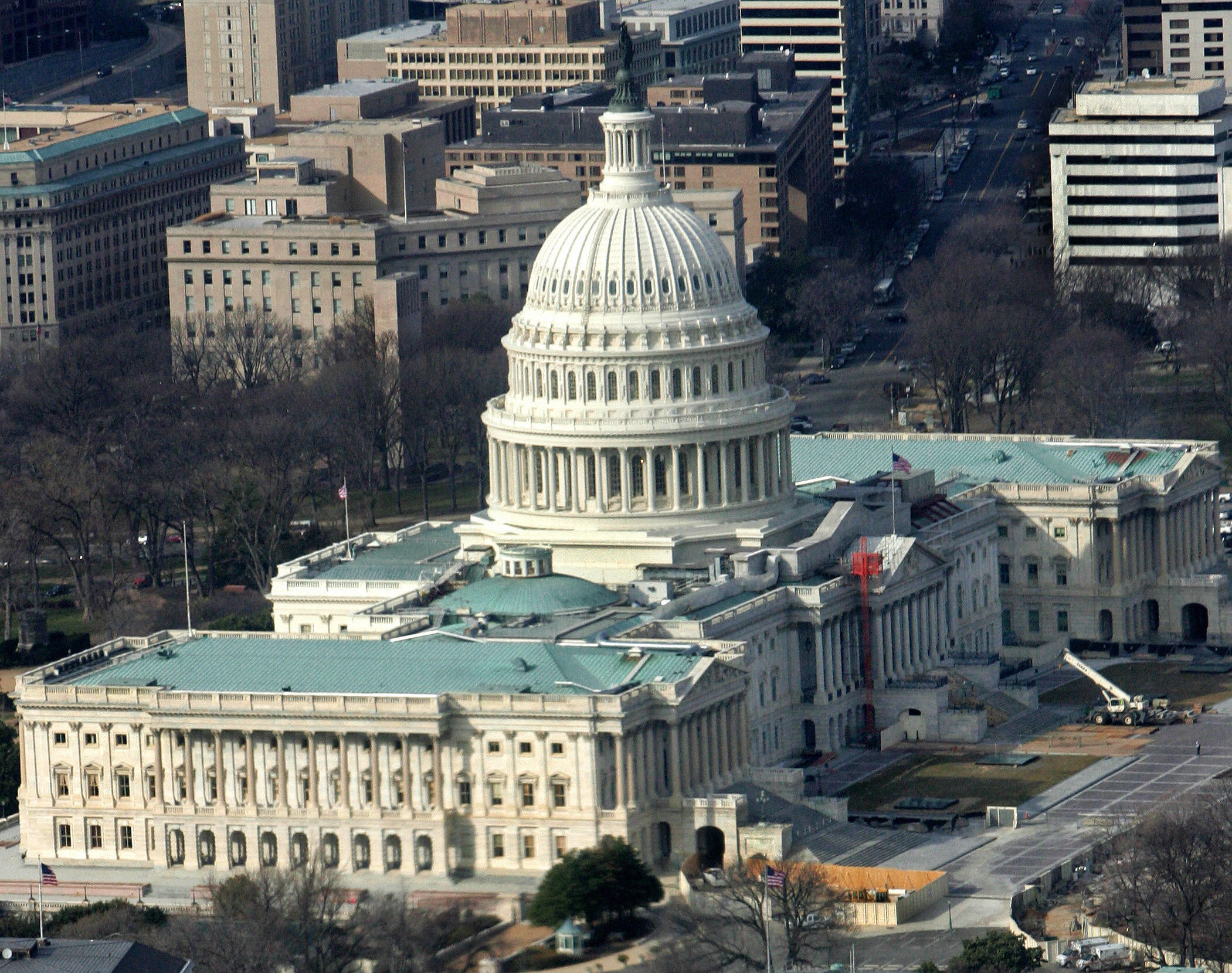 The news is in: the next U.S president will be a moderate. Why? Because whoever is elected in November, the Democrats look set to increase their share of congressional seats and may even win enough seats in the Senate to overcome Republican attempts to block legislation.
The news is in: the next U.S president will be a moderate. Why? Because whoever is elected in November, the Democrats look set to increase their share of congressional seats and may even win enough seats in the Senate to overcome Republican attempts to block legislation.
Currently, Democrats have a 51-seat majority in the 100-member Senate. They would need 60 seats to end debate on legislation and send it to the Senate floor for an up-or-down vote. All 435 House seats and 35 of the 100 Senate seats will be up for election and Congress’ approval rating is currently quite low — just 19 percent of those recently polled by Gallup/USA Today said they approve of Congress’ performance.
A recent NBC News/Wall Street Journal poll reported 52 percent of Americans prefer Congress be controlled by Democrats, while 33 percent say they favour Republican control.
Twelve Democratic senators are going for re-election. The Republicans, however, are defending twenty-three seats, five senators are retiring, and many of the election battles look to be bare-knuckle fights. Known Republican senators, like Oregon’s Gordon Smith and Minnesota’s Norm Coleman are already struggling. Democrats, on the other hand, are likely to pick up Virginia and New Mexico.
But even if the Democrats come out on top, their congressional delegation will see its ranks swell with Jim Webb-style democrats; pro-life, pro-gun and pro-military. Take Bobby Bright, the mayor of Montgomery, the second largest city in Alabama. He is a Democrat running for the seat left open by the retirement of Republican Terry Everett.
In 2004, the district voted overwhelmingly for President Bush. But Mayor Bright calls himself “a conservative Christian candidate” and looks set to win. It probably helps that Mayor Bright is also a deacon at Montgomery’s First Baptist Church.
There are many others like him. So while the party conventions force the two presidential candidates to emphasize their differences, in truth John McCain’s policy on Iraq and Barack Obama’s economic plan are likely to be counterbalanced by a legislature controlled by the Democratic Party, – but one which is more conservative than even the 110th Congress.







Comments